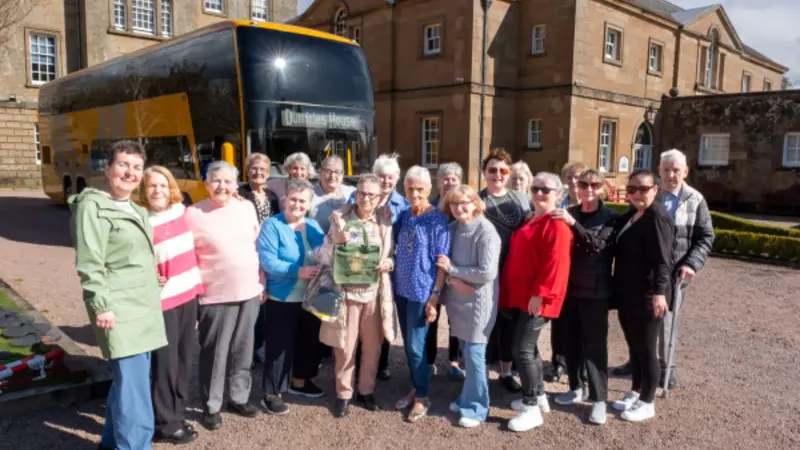Bank closures leave half a million Scots over 60 behind
A staggering number of people in Scotland have been left behind as a result of bank branch and free to use cash machine closures says the national charity for older people, Age Scotland.
New analysis from the consumer affairs organisation Which? has revealed that Scotland lost over a third of its bank and building society branches over the last eight years.
These closures have had a disproportionate impact on older people living in Scotland according to Age Scotland as 500,000 people over the age of 60 do not have access to the internet and go without easy access to their finances.
Age Scotland wants a regulator to protect access to cash to ensure that people and communities aren't left behind as the banking industry moves to digital by default.
The charity has also backed the idea of shared banking hubs which to serve communities without any banks and to sustain a network for the future.
Brian Sloan, Chief Executive of Age Scotland said:
“Bank branches and free to use cash machines have been disappearing from communities across Scotland at an alarming rate and have a disproportionate impact on the lives of older people who use cash as a means of budgeting and rely on the face to face service offered on the High Street.
“The extraordinary push by the banks to digital services leaves behind the 500,000 people in Scotland over the age of 60 who do not use the internet. That’s the equivalent of the population of our capital city and is a staggering number of people to disenfranchise.
“What’s more, with an ageing population in Scotland and the projected 50% increase in people living with dementia over the next 20 years, older people will find it harder and harder to manage their finances independently if face to face banking options have been eroded to the point of extinction.
“It’s become far too easy for banks to close local branches without proper consideration for huge numbers of their loyal customers who are unable to use or afford the digital alternatives. Banks must now properly explore shared banking hubs to serve the communities who have been left with no branch and to sustain a network across the country which is fit for people of all ages.”


